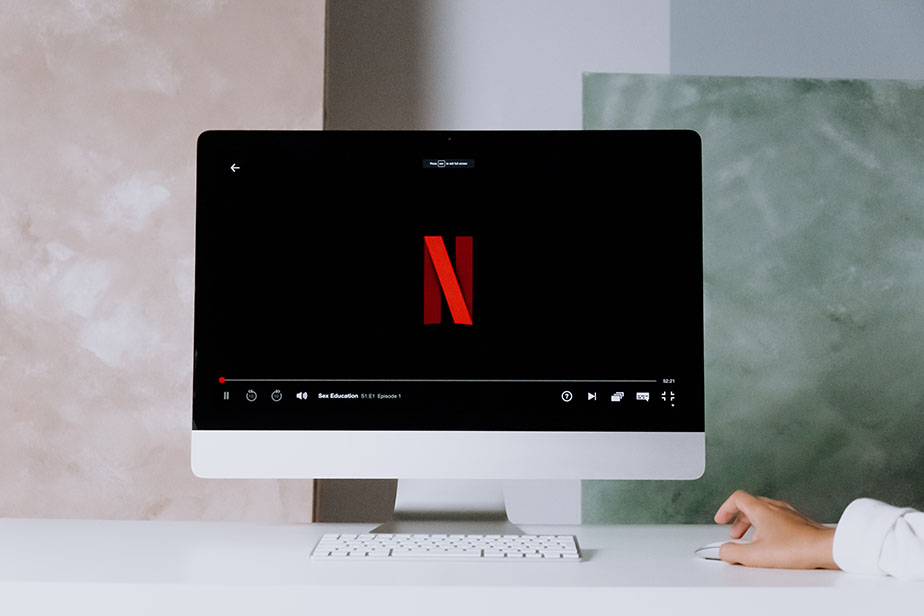
Shares in the streaming giant Netflix went down by as much as 35% plummeting to its lowest point since January 2018 after it revealed a massive drop in subscribers and anticipate millions more are set to quit as per BBC.
BBC confirms that the loss wiped more than $50bn off the company’s market value prompting Netflix to crack down on password sharing.
Although Netflix remains the world’s leading streaming service with more than 220 million subscribers, BBC reports that it was losing customers to rivals, while struggling to expand due to password sharing.
In a note to its shareholders, Netflix wrote: “Our revenue growth has slowed considerably as our results and forecast below show. Streaming is winning over linear, as we predicted, and Netflix titles are very popular globally. However, our relatively high household penetration – when including the large number of households sharing accounts – combined with competition, is creating revenue growth headwinds.”
The note further said: “While we work to reaccelerate our revenue growth – through improvements to our service and more effective monetisation of multi-household sharing – we’ll be holding our operating margin at around 20 percent. Key to our success has been our ability to create amazing entertainment from all around the world, present it in highly personalised ways, and win more viewing than our competitors. These are Netflix’s core strengths and competitive advantages. Together with our strong profitability, we believe we have the foundation from which we can both significantly improve, and better monetise, our service longer term.”
Michael Hewson, an analyst at CMC Markets said, “Netflix’s wider problem, along with the rest of the sector is that consumers don’t have unlimited funds and that one or two subscriptions is usually enough.”
“Once you move above that something has to give in a cost-of-living crisis, and while Netflix is still the market leader, it doesn’t have the deeper pockets of Apple, Amazon, or Disney, which makes it much more vulnerable to a margin squeeze.”
Photo by cottonbro